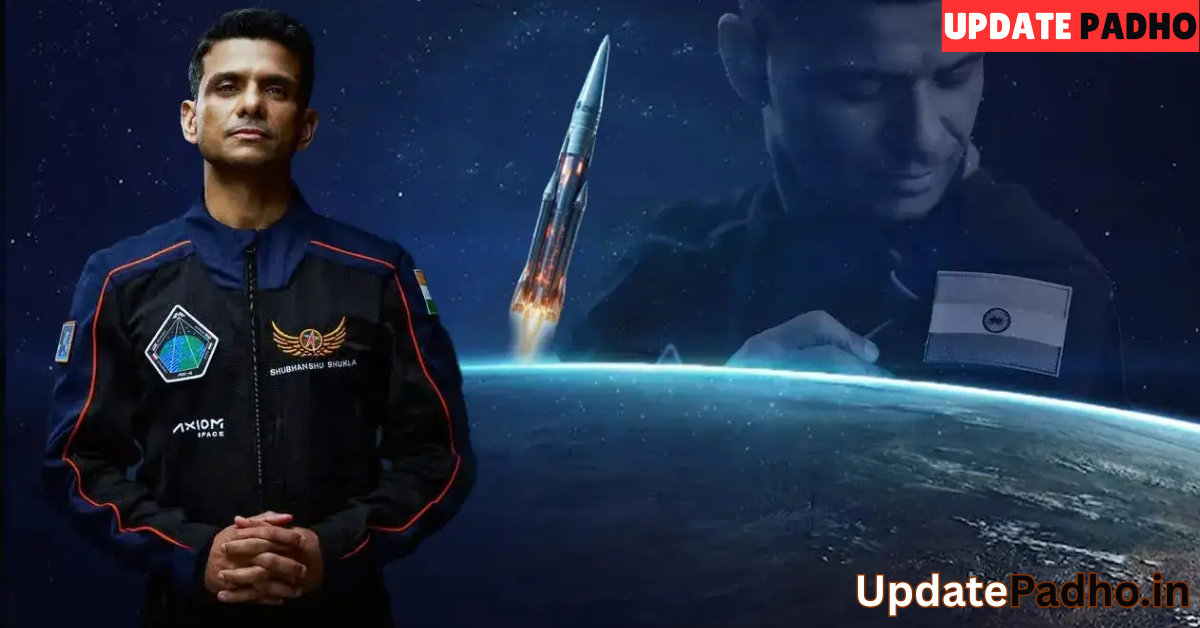As I gaze down upon the ever-turning Earth one final time from the porthole of the International Space Station, I find myself suspended not just in microgravity, but in reflection. The days, weeks, and months I have spent up here orbiting our pale blue dot have given me something far more profound than data or discovery—they’ve gifted me perspective.
This is my final message from the ISS. A farewell, yes. But also a thank you.
The Silence of Space, the Voice Within
Floating 400 kilometers above Earth, the silence is deafening—no cars, no chatter, no wind rustling leaves. Yet, in that stillness, I heard the voice of clarity louder than ever before. Life on Earth is noisy, cluttered with distractions. Up here, stripped of everything familiar, I found space to think, to feel, to be. I thought of my family, my teachers, the strangers who wished me well, and the child I once was—staring up at the night sky, dreaming of exactly this.
What began as a mission of science became a journey of the soul.
A View That Changes You
No photo, no video, no simulation prepares you for what Earth looks like from here. The curvature. The thin blue line of the atmosphere. The seamlessness of land and sea. Borders? They don’t exist up here. Politics, divisions, war—all of it becomes heartbreakingly trivial when you see the Earth as one living, breathing entity.
We are passengers on a fragile spacecraft called Earth, and we’ve forgotten to take care of it.
From above, I’ve seen cyclones swirl across oceans with raw power. I’ve seen wildfires light up continents. And I’ve seen cities sparkle like constellations in the dark—reminders that even in darkness, humanity finds a way to shine.
Of Experiments and Existence
We came here for science. To grow crystals in zero gravity, study the behavior of fluids, test the limits of human biology. And yes, we’ve done all that. But the biggest experiment was within ourselves: to live without the comforts of home, to cooperate in an environment where survival demands unity, to find humanity in the vastness of the void.
I watched seeds germinate in microgravity. I witnessed how the human heart adapts when untethered by gravity. But perhaps most importantly, I saw how easily we forget what we have—until we leave it behind.
Saying Goodbye to the Stars
Tonight is my last night on the ISS. Tomorrow, I return to Earth. Back to gravity, to weather, to crowds and traffic and noise. But I am not returning the same man who left. Something of me will always remain here—circling silently above the world, tethered forever to the stars.
To my fellow crewmates: thank you for your camaraderie, your resilience, your laughter in tight spaces. We came from different countries, spoke different languages, but we shared the same air, the same meals, the same awe. You reminded me that humanity can, and must, work together.
To those back on Earth who supported this mission: engineers, scientists, mission control, medical teams, families—you are the unsung heroes of every moment up here. You kept us safe. You kept us sane. You made space feel like home.
The Earth Is Worth It
I leave this station with one truth echoing in my mind: Earth is not just a planet—it’s a miracle. An oasis floating in the darkness, full of life, beauty, and possibility. We must protect it. We must cherish it.
If only everyone could see it from up here, just once. Perhaps then, we’d stop seeing each other as enemies, and start acting as stewards. We’d think beyond borders. Beyond politics. Beyond profit.
We’d think beyond Earth.
Farewell, But Not the End
As I close this final log from orbit, I don’t say goodbye with sadness, but with hope. The stars await us, yes—but so does the responsibility of what we bring back with us. Perspective. Purpose. Peace.
I may be descending to Earth tomorrow, but part of me will always live in orbit, forever watching, forever learning, forever grateful.



